“Truth does not vanish in darkness—it is buried beneath applause.” In the age of mass media and algorithmic manipulation, democracies are increasingly vulnerable to a quiet transformation—not through coups or tanks, but through the slow, deliberate construction of myth. Leaders are sculpted into saviors, failures are rebranded as triumphs, and truth becomes negotiable. This isn’t just about one individual—it’s about a systemic shift where image supersedes substance, and the public begins to accept illusion as reality.
“When propaganda becomes history, democracy becomes fiction.”
This chilling observation captures the essence of what’s unfolding across nations. The danger lies not in the myth itself, but in the public’s willingness to believe it.
The Anatomy of a Manufactured Legacy
Every myth begins with a blank canvas. A leader’s early life is often shrouded in ambiguity—educational records vanish, timelines blur, and inconvenient truths are buried beneath layers of curated anecdotes. In one Southeast Asian nation, a former general’s rise was painted as divine destiny, though his actual ascent involved backroom deals and suppression of rivals. In parts of Latin America, populist figures dramatised humble beginnings into folklore, while their ties to oligarchs remained hidden.
The goal is simple: to create a persona so grand, so untouchable, that questioning it feels like heresy.
In several democracies, persistent questions about a leader’s background—education, early career, family ties—are met not with transparency, but with hostility. Records are sealed, queries are stonewalled, and those who probe too deeply are branded as enemies of the state.
Media: The New Ministry of Truth
Modern media, once the watchdog of democracy, often becomes its lapdog. In many countries, prime-time news has morphed into a theater of praise—where anchors echo government slogans, and dissenting voices are drowned in noise. A failed economic policy? Rebranded as a “bold experiment.” A botched pandemic response? Framed as “decisive leadership.”
“The media is no longer the fourth estate—it’s the estate agent of power.” — Anonymous journalist, Eastern Europe.
In one South Asian democracy, the media’s role in myth-making is unmistakable. Channels amplify government messaging while ignoring or vilifying dissent. Even cinema and social media are weaponised to reinforce the leader’s image. The result is a saturated narrative where even silence feels complicit.
Institutions in Service of Image
When the state machinery aligns with myth-making, democracy becomes performance art. Textbooks are revised to elevate the leader’s role in history. Cultural symbols are co-opted to create continuity between ancient glory and modern rule. Grand events—temple inaugurations, military parades, global summits—are staged not for governance, but for optics.
In one African nation, a leader declared himself the reincarnation of a tribal deity. Statues were erected, songs composed, and schoolchildren taught to chant his name. The result? A nation hypnotised by spectacle, blind to sufferings.
Elsewhere, similar patterns emerge. From the rewriting of history to the orchestration of mega-events, the machinery of the state is increasingly geared toward image-building rather than institution-strengthening.
Conditioning the Public Mind
Propaganda is most effective when it doesn’t feel like propaganda. Repetition of slogans, glorification of sacrifice, and creation of enemies—these are tools of psychological conditioning. Dissenters are labeled “traitors,” “foreign agents,” or “urban terrorists.” The public, overwhelmed by fear and awe, begins to self-censor.
“First they came for the socialists, and I did not speak out—because I was not a socialist… Then they came for me—and there was no one left to speak for me.” — Pastor Martin Niemöller
This haunting quote, born from Nazi Germany, echoes in every society where silence becomes survival.
In several democracies, the normalisation of surveillance, arrests during peaceful protests, and raids on media houses has created an atmosphere where questioning power feels dangerous. The boots may not be kicking down doors—but they’re at the doorstep, and many have stopped noticing.
Surveillance and the Illusion of Safety
In the digital age, surveillance is sold as security. Facial recognition, spyware, and data harvesting are normalised. Citizens are watched not for protection, but for control. In one East Asian country, a social credit system rewards obedience and punishes dissent. In another, journalists are tracked, activists jailed, and opposition leaders smeared.
Elsewhere, the deployment of facial recognition in public spaces, alleged use of spyware on journalists, and expansion of data collection under the guise of national security reflect this global trend. The myth must be protected at all costs—even if it means turning democracy into a panopticon. (A panopticon is a design by English philosopher Jeremy Bentham for an institutional building, such as a prison, where occupants are subject to constant surveillance by an unseen authority.)
The Collusion of Interests
Behind the myth often lies a web of collusion—between corporates, intelligence agencies, armed forces, and criminal networks. Each actor benefits from the illusion:
•Corporates gain deregulation, monopolies, and favorable contracts.
•Intelligence agencies control narratives and suppress dissent.
•Armed forces expand influence under the guise of national security.
•Mafias operate with impunity, managing the streets and silencing opposition.
In one Middle Eastern regime, military-owned conglomerates dominate key sectors, while intelligence agencies monitor citizens and corporates fund propaganda. In a South American state, drug cartels and political elites merge interests, creating a shadow state where formal democracy exists, but real power lies in opaque networks.
This nexus creates a feedback loop—where myth sustains power, and power sustains myth.
Final Reflection: The Price We Pay for Believing the Beautiful Lie
The danger of myth-making is not the myth itself—it’s the public’s willingness to believe it. When citizens trade truth for comfort, and freedom for spectacle, democracy becomes a ritual without meaning.
History offers countless warnings. From Rome’s emperors to modern populists, the pattern is clear: inflate the leader, erase the flaws, silence the critics.
But myths, no matter how grand, eventually collapse. And when they do, the silence of those who once cheered becomes deafening.
“The most potent weapon in the hands of the oppressor is the mind of the oppressed.” — Steve Biko
Let us remember: democracy is not a monument—it is a mirror. And if we allow it to reflect only what power wants us to see, we risk losing the very essence of freedom.
“The myth may be grand, but its collapse is always quiet—heard only by those who dared to question.”
(Views are personal)
(Krishan Gopal Sharma is a freelance journalist, retired as a senior officer from the Indian Information Services. Contributed to leading dailies in India and abroad, covered major summits like BRICS, ASEAN, and Metropolis, and served as an International Media Consultant with UNICEF (Nigeria) for their Polio Eradication campaign.)
.jpg)
 Krishan Gopal Sharma
Krishan Gopal Sharma 
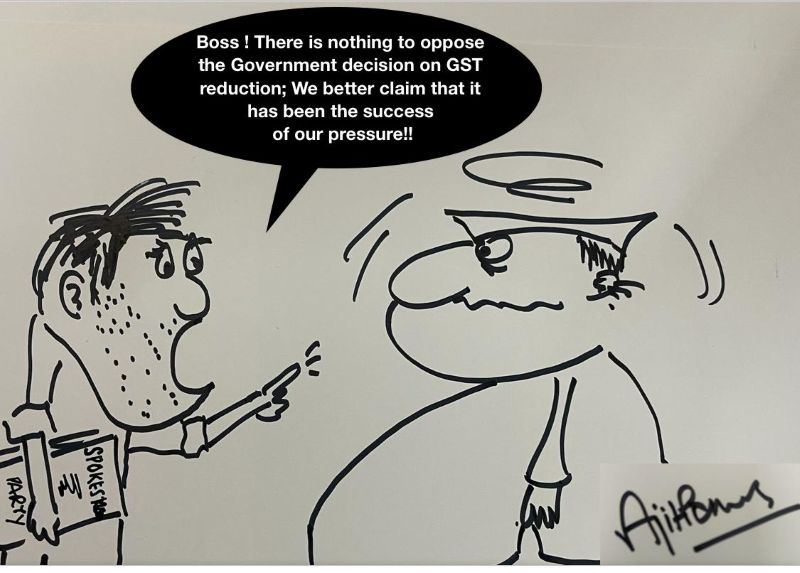

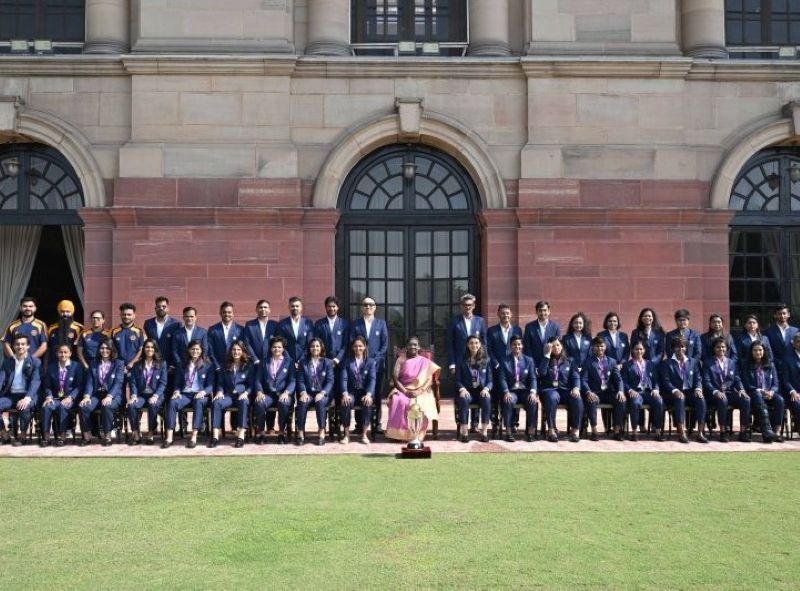

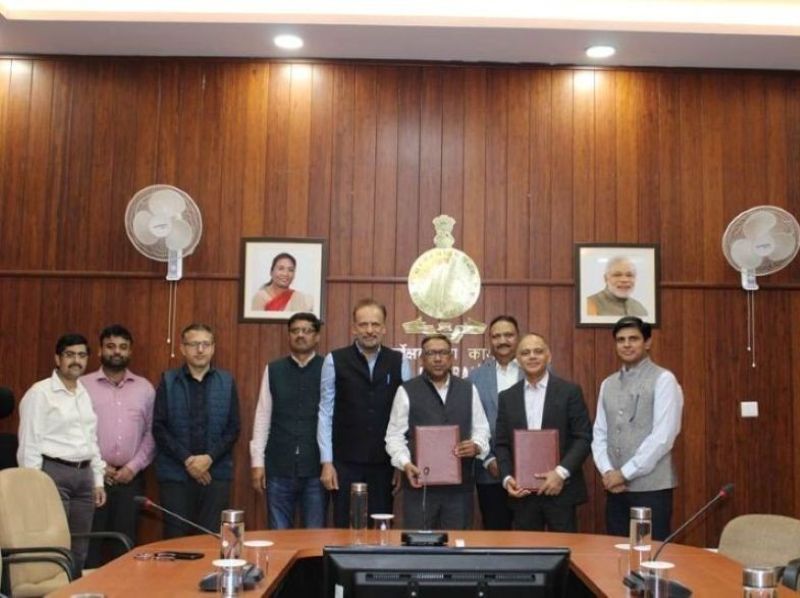
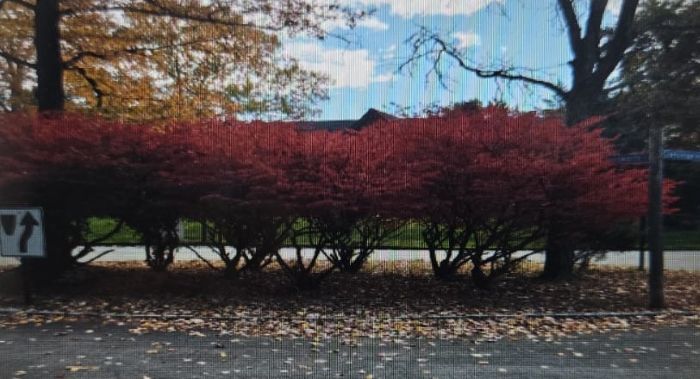








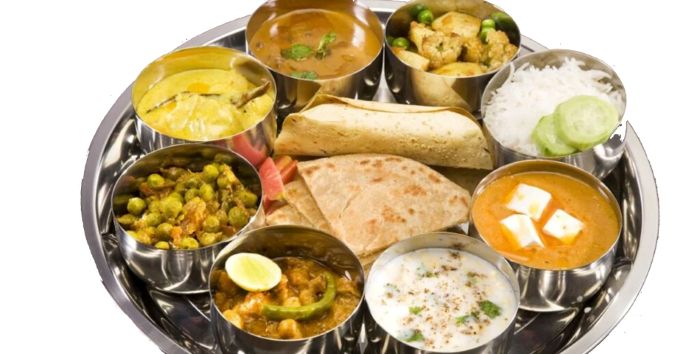
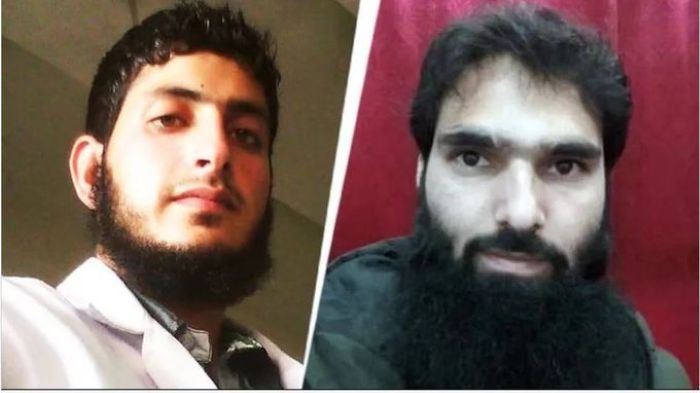
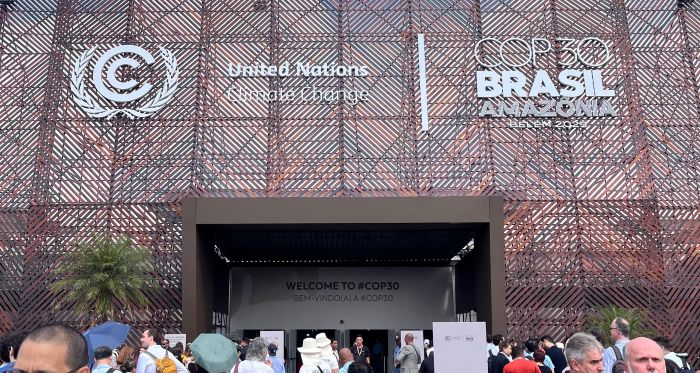
Related Items
Sensex up 595 pts, Nifty above 25,850,auto, IT,media shine
President Murmu praises Angola's journey to peace & democracy
Infosys unveils AI Agent to transform operations in the energy sector